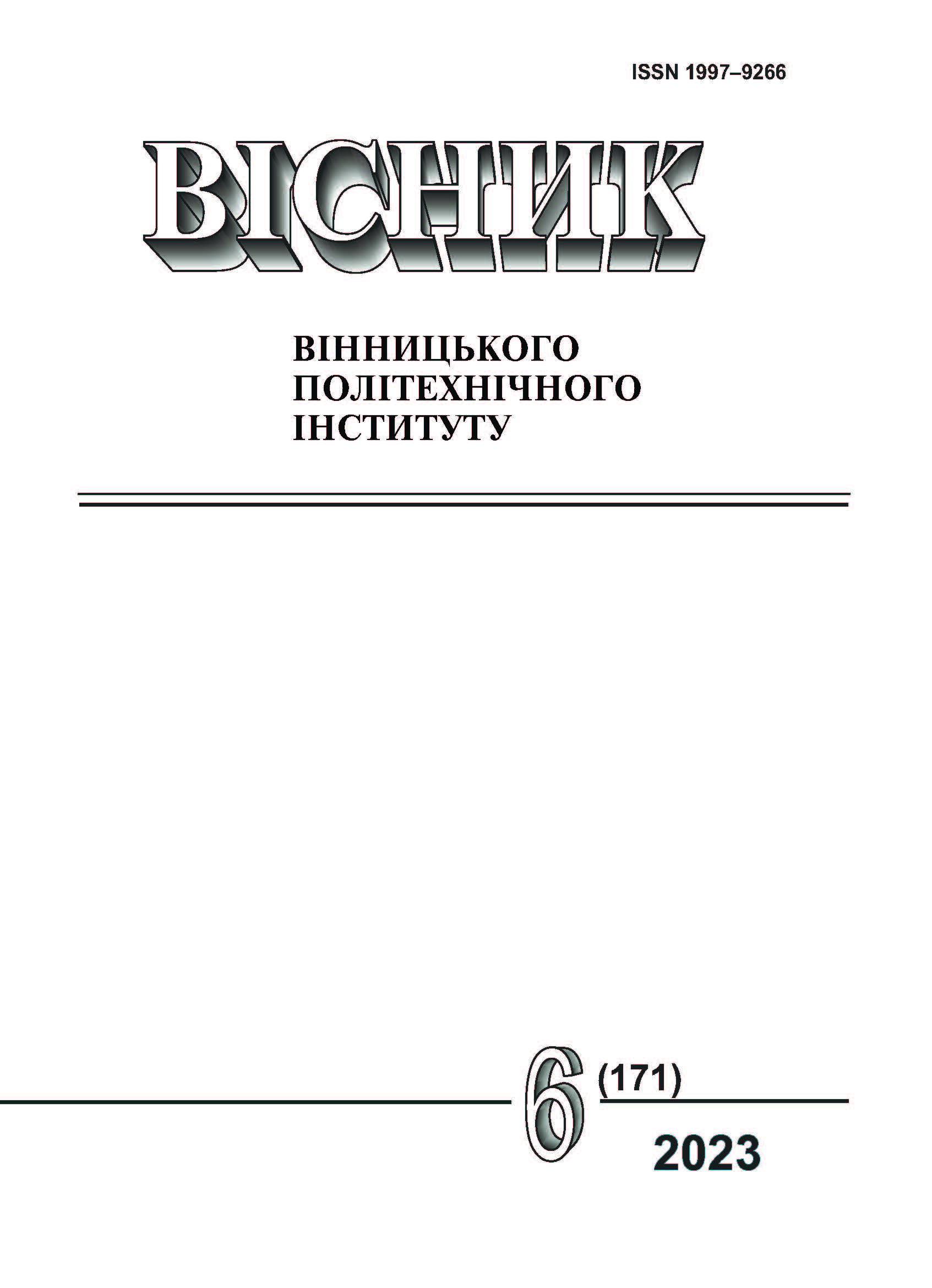Consolidated Ranking of Modern Cloud-Based Online Object Recognition Services on Images
DOI:
https://doi.org/10.31649/1997-9266-2023-171-6-39-45Keywords:
object recognition, cloud services, metric, ranking, imagesAbstract
Automating the object recognition in images is a widely encountered task with evident practical applications in industrial production, medicine, transportation, security, safety, and other fields. Today, there are several cloud services that offer online tools for solving various image recognition tasks. They have several advantages over traditional tools. Today, there are no methods that allow users to identify which cloud service is best suited for their tasks. Moreover, the identification should be concise and based on small set of profile images. Accordingly, a typical brute-force method that requires uploading and analyzing a large number of images is unacceptable. The method should be based on a detailed analysis of the recognition results using a small set of test images, taking into account the features of cloud services. This paper proposes a method for ranking cloud services using small test datasets. In this case, the user forms test datasets that take into account the profile of his or her object recognition tasks. The proposed method is based on three particular metrics, each of which takes into account some features of cloud services. The first metric is the difference between the sum of the confidence levels of correctly recognized objects and the sum of the confidence levels of incorrectly recognized objects. The second metric is the accuracy. The third metric is the median of the length of the service output until the first misrecognized object. The objects should be sorted in descending order of confidence. The first two metrics are traditional, the third metric is new. The final decision is made based on a consolidated score that aggregates the 3 metrics. The application of the method is illustrated by the task of ranking the following cloud services: Microsoft Azure AI Vision Studio, Amazon Rekognition, Google Cloud Vision, and Imagga.
References
Z. Zou, K. Chen, Z. Shi, Y. Guo, and J. Ye, “Object Detection in 20 Years: A Survey,” Proceedings of the IEEE, no. 111 (3), pp. 257-276,2023). https://doi.org/10.1109/JPROC.2023.3238524 .
N. Pinto, D. D. Cox, and J. J. DiCarlo, “Why is real-world visual object recognition hard?” PLoS Computational Biology, no. 4 (1), pp. 0151-0156, 2008. https://doi.org/10.1371/journal.pcbi.0040027 .
A. Berg, and M. Nelimarkka, “Do you see what I see? Measuring the semantic differences in image-recognition services’ outputs,” Journal of the Association for Information Science and Technology, no. 74(11), pp. 1307-1324, 2023. https://doi.org/10.1002/asi.24827 .
T. Araujo, I. Lock, and B. van de Velde, “Automated Visual Content Analysis (AVCA) in Communication Research: a Protocol for Large Scale Image Classification with Pre-Trained Computer Vision Models,” Communication Methods and Measures, no. 14(4), pp. 239-265, 2020. https://doi.org/10.1080/19312458.2020.1810648 .
Ethan Shafer, Jesse Wood, Sheyla Street, Enoch Crow, Calvin Lu, “Social Bias and Image Tagging: Evaluation of Progress in State-of-the-Art Models,” in book Advances in Visual Computing https://doi.org/10.1007/978-3-031-47966-3_26 .
How To Calculate the Confidence Interval. [Electronic resource]. Available: https://www.indeed.com/career-advice/career-development/how-to-calculate-confidence-interval .
R. Padilla, W. L. Passos, T. L. B. Dias, S. L. Netto, and E. A. B. Da Silva, “A comparative analysis of object detection metrics with a companion open-source toolkit,” Electronics (Switzerland), no. 10 (3), pp. 1-28, 2021. https://doi.org/10.3390/electronics10030279 .
Downloads
-
PDF (Українська)
Downloads: 71
Published
How to Cite
Issue
Section
License

This work is licensed under a Creative Commons Attribution 4.0 International License.
Authors who publish with this journal agree to the following terms:
- Authors retain copyright and grant the journal right of first publication.
- Authors are able to enter into separate, additional contractual arrangements for the non-exclusive distribution of the journal's published version of the work (e.g., post it to an institutional repository or publish it in a book), with an acknowledgment of its initial publication in this journal.
- Authors are permitted and encouraged to post their work online (e.g., in institutional repositories or on their website) prior to and during the submission process, as it can lead to productive exchanges, as well as earlier and greater citation of published work (See The Effect of Open Access).





